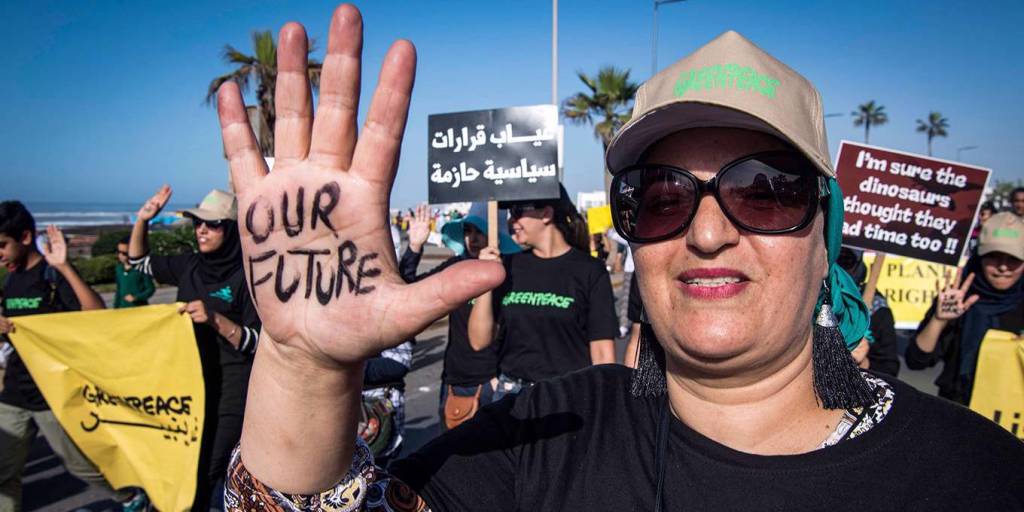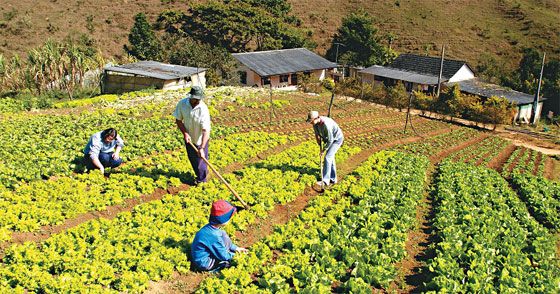
Image: Project Syndicate
By Robin Willoughby and Nico Muzi
Demographic, environmental, and consumer factors have brought the global agriculture sector to a crossroads. To avoid political hazards, decision-makers in government, industry, and civil society will need to heed the lessons from major transitions in other industries and start preparing.
Disruption is coming to the agriculture sector. Around the world, livestock farmers are leaving the land, policymakers are targeting the harmful environmental and social effects of industrial meat production, and consumers are shifting away from meat to embrace healthier, more sustainable alternatives. With the sector approaching a crossroads, decision-makers in government, industry, and civil society will need to heed the lessons from major transitions in other industries and start preparing.


